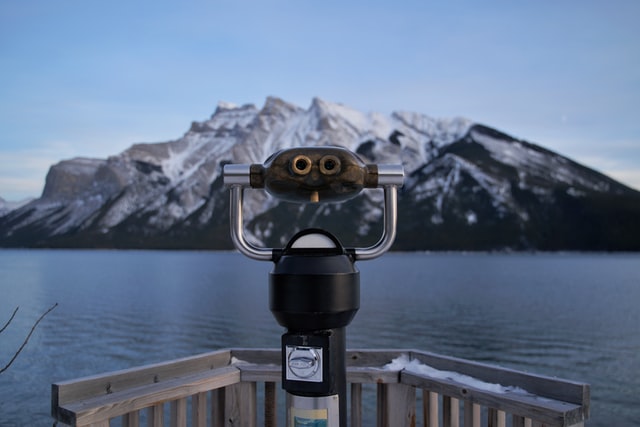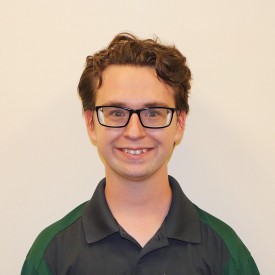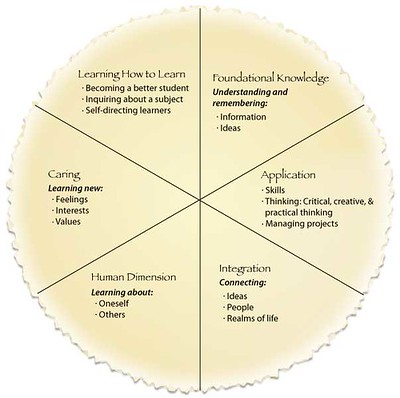If you are among the (only slightly) more seasoned faculty at Castleton, you may remember a campus visit from distinguished teaching and learning expert Dee Fink. Dee led us in a course design workshop, and he opened by asking us our “big dreams” for students. Here is the question as he asks it in his book Creating Significant Learning Experiences (2013):
Imagine yourself teaching in a perfect situation, where the students will do anything and everything you ask of them. They will read everything and write everything you ask them to. They will do it on time and do it well. In this special situation, you can do anything you want as a teacher and have any impact on students that you desire. The only limitation is your own imagination.
Question: In your deepest, fondest dreams, what kind of impact would you most like to have on your students? That is, when the course is over and it is now one or two years later, what would you like to be true about students who have had your courses that is not true of others? What is the distinctive educational impact you would like for your teaching and your courses to have on your students? (9)
Over the years, I’ve asked different groups to reflect on this question, staff members as well as faculty. and the trend is always the same. Here are some typical “big dreams” of Castleton educators:
- That students will develop an openness to learning more about themselves (and their relationships) as well as to discovering (and acting on) connections among concepts in different fields.
- That they can effectively use (and crave) information at all stages in their lives.
- That they feel inspired to apply learning beyond the class and expand that learning independently.
- That what they learn is real and relevant to them personally and professionally.
- That they will be able to recognize when they need to make significant changes in their lives and have the knowledge, skills and sense of self-efficacy necessary to make those changes.
- That they will be able to see and articulate their role, their contributions and impact on their immediate world and the larger one in which they exist
- That they will always think for themselves about others, their cultures or countries of origin, values and beliefs.
- That they are aware of diversity, that people have different experiences, values, perspectives, morals, and views.
- That they will have a strong understanding of ethical behavior and empathetic understanding of others.
- That they will love what they are doing and not settle, that they will want to do their very best every day.
- That they will have the skills they need to work on my field and to help others through it.
- That they would know that they have the knowledge and tools they will need to face challenges as they arise.
Should an educational developer ask participants to dream big for our students, they should not be surprised by what they find: Castleton educators do so as a matter of course.
Maybe a concept that unifies all of these dreams and aspirations is the idea that we want our teaching to be relevant for our students. That is, we want it to be authentically relevant to them, where they are right now in their lives and where they will be when they graduate.
Dee Fink is revered among educational developers both for his kind spirit and because he blazed a trail in figuring out how to help all faculty to seek this relevance in their subject matter. If you haven’t perused Creating Significant Learning Experiences, his book on course design, you should have a look! There are many copies floating around campus–come ask me for one!–and you can still find the book in the library’s Teaching and Learning collection. In the meantime, we will try to focus some of the Educator’s articles in the coming months to highlight tactics and strategies to better realize our aspirations and to create this relevance for our students.



